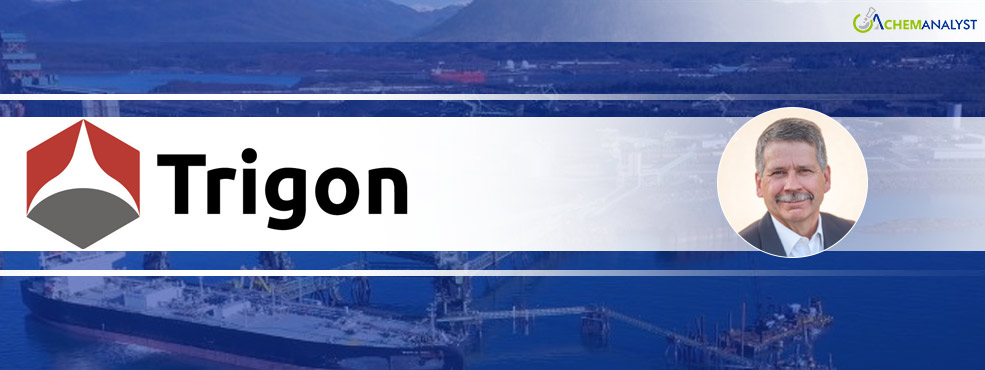Welcome To ChemAnalyst

Trigon Pacific Terminals has signed a memorandum of understanding (MOU) with South Korea’s Ulsan Free Economic Zone Authority (UFEZ) to develop a market for Canadian ammonia, a key carrier for hydrogen. This partnership aims to strengthen the hydrogen trade between Canada and South Korea, aligning with both nations’ ambitions for a cleaner energy future.
As part of its transition to clean fuels, Trigon is constructing a new export berth at its terminal in Prince Rupert, British Columbia. This facility, known as the Berth Two Beyond Carbon project, is a $163 million initiative supported by a $75 million federal grant under Canada’s National Trade Corridors Fund. The berth will be dedicated to exporting clean fuels like ammonia to global markets, particularly in Asia.
Under the agreement, Trigon and South Korean officials will collaborate on developing ammonia receiving terminals in Ulsan. Once shipped from Canada, the ammonia can be processed into hydrogen and nitrogen, supporting South Korea’s growing demand for hydrogen as a clean energy source.
"Trigon has been actively working to establish a Canadian West Coast export corridor for hydrogen-as-ammonia to global markets," said Trigon CEO Rob Booker. "Today's MOU with UFEZ strengthens the strong ties between our nations and reinforces our commitment to advancing clean energy exports."
With increasing demand for hydrogen in South Korea and Japan, Canada is positioning itself as a major low-carbon hydrogen producer. Trigon’s transformation is part of a broader shift away from thermal coal exports, which Canada plans to phase out by 2030 under federal climate policies. The terminal, formerly known as Ridley Terminals, has historically served as a coal export hub but is now evolving into a key player in clean energy exports.
The ammonia for export will primarily be sourced from Alberta, transported by rail via CN’s northern line to Prince Rupert. Canada currently produces about five million tonnes of ammonia annually, mostly for fertilizer production. However, multiple hydrogen-ammonia projects are in development in Alberta, leveraging the province’s abundant natural gas resources, refining capabilities, and carbon capture infrastructure to produce blue hydrogen—hydrogen derived from natural gas with CO2 emissions captured and stored.
By establishing a dedicated ammonia export corridor, Trigon and its South Korean partners are laying the groundwork for a sustainable hydrogen supply chain between North America and Asia. This collaboration marks a significant step toward Canada’s goal of becoming a global leader in clean hydrogen production and exports.
We use cookies to deliver the best possible experience on our website. To learn more, visit our Privacy Policy. By continuing to use this site or by closing this box, you consent to our use of cookies. More info.
